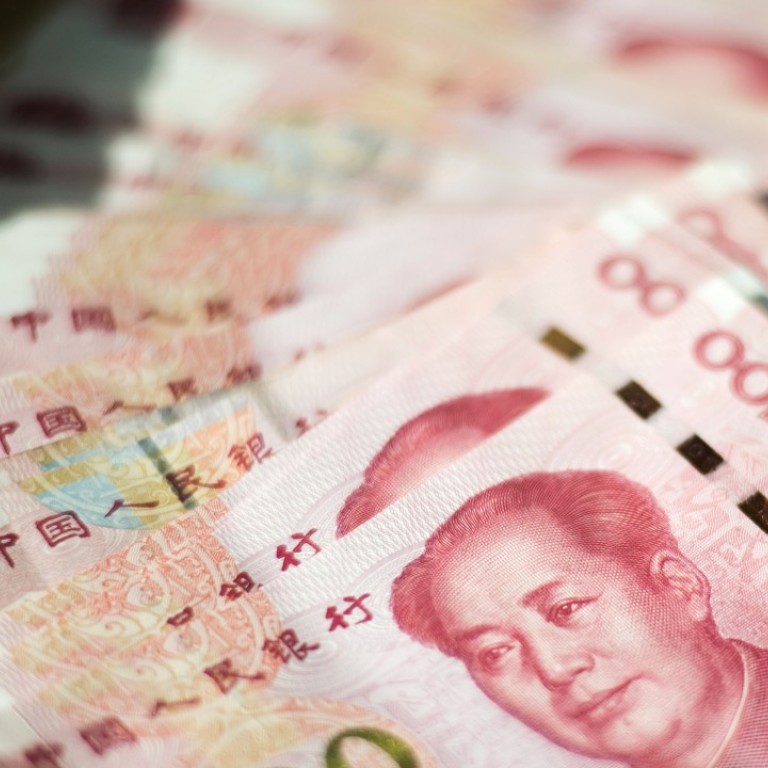
Analysis | Here’s why China is flooded with AAA-rated bonds: confusion and rivalry among regulators
A fragmented and confusing bond market, where four regulators compete with each other, has created a mess that’s keeping foreign investors away.
There are several reasons foreign investors are afraid of putting their money into China’s massive debt market. One of the biggest is a suspicion of the country’s rating agencies who seem to undermine their own credibility by giving just about every bond the highest classification.
It may seem baffling. So why do they do it?
According to some of the nation’s top economic analysts and bond market players, it is the fault of the organisations that oversee the industry.
“A lot of people blame China’s rating agencies for adopting loose standards when evaluating the bond issuers. But they do not understand, it is not our fault – it’s the regulators,” said Mao Zhenhua, founder and chief economist of China Chengxin International Credit Rating, one of China’s four biggest rating agencies, on Sunday in Beijing.
So far, of the 1,500 bonds of publicly traded companies covered by these top four agencies, 70 per cent are rated AA or above, and a staggering 900 of them have been awarded the highest possible AAA, according to Bloomberg.

Mao said a fragmented system of regulation involving several watchdogs, all competing to some extent, is at least part of the problem.
The central bank oversees the interbank bond market, the China Securities Regulatory Commission (CSRC) monitors exchange-traded bonds, while the insurance regulator and the National Development & Reform Commission have the power to recognise rating agencies and approve bond issuances respectively, he explained.
“The Chinese bond market is unique in terms of its competitive regulatory framework,” Mao said at a monetary forum held by Renmin University. “The competition is particularly fierce between the central bank and the CSRC to develop the bond market under their jurisdiction in recent years.”
Both regulators are trying to avoid defaults in the market under their own jurisdictions, and this is pushing the ratings higher.
The banking regulator and the insurance regulator both require that banks and insurers invest only in bonds rated AA and above. That makes the issuance of bonds with a rating below AA meaningless
“On the other hand, the banking regulator and the insurance regulator both require that banks and insurers invest only in bonds rated AA and above. That makes the issuance of bonds with a rating below AA meaningless,” he said.
China opened its interbank bond market wider on July 3, launching a new bond connect scheme that allows offshore investors to directly trade in the mainland’s interbank bond market via the Hong Kong bourse’s infrastructure.
As well as the competing regulators and skewed ratings system, a lack of hedging tools, and an unpredictable policy outlook are also seen by many as deterring international investors from pouring their savings into China’s US$10 trillion debt market.
By the end of 2014, 7 per cent of outstanding Chinese government bonds were held by foreign institutions, said Bu Yanhong, general manager of the asset management department under the Postal Savings Bank of China.
As for bond investment, I am pessimistic about the foreign inflow in the near future
However, the trading, custodianship and clearing of bonds are also fragmented in the current market, causing confusion and deterring more foreign investors from jumping in, she added.
“Investors have to use different hedging tools when trading on the interbank market from when they are trading on the exchange market,” Bu said. “Not only do the tools remain very limited, but the institutions with licences to provide the service are different.”
China’s bond market has come to the end of a three-year bull run, and has seen volatility increase since the end of last year. The market has only just stabilised from a major correction in April, as liquidity tightened following the crack down led by regulators to squeeze out leveraging risks, pushing the 10-year government bond yield to above 3.7 per cent on May 11.
“As for bond investment, I am pessimistic about the foreign inflow in the near future,” said Qu Qing, chief analyst with Hua Chuang Securities.
One of the biggest risks is policy uncertainty, be it taxation, macroeconomic or regulatory, he said.

